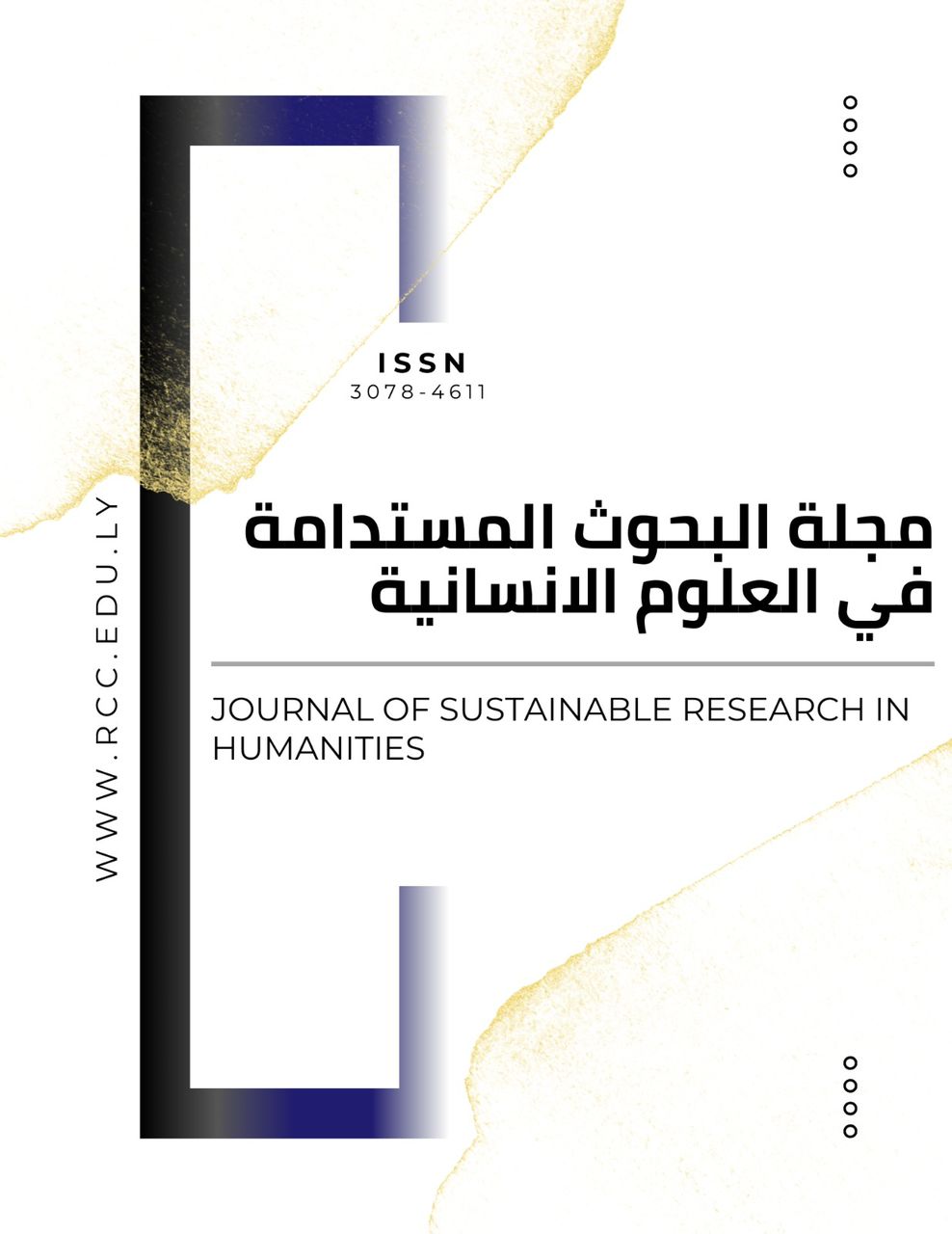A proposed vision for standards to develop teacher preparation and training in Libya, based on the trends and recommendations of contemporary international studies and research.
DOI:
https://doi.org/10.36602//jsrhs.2025.2.2.14Keywords:
International Studies and Research, Standards for Teacher Preparation and Training, A Vision for Teacher Preparation and Training, Professional Preparation and Development of TeachersAbstract
Abstract:
This study aimed to develop a proposed vision for the standards for developing teachers' preparation and training in Libya. It used the Review Article Methodology to assess the current status of teacher preparation and training in Libya, identify international indicators and best practices, and propose a comprehensive vision for improving teacher quality in the Libyan context. To collect relevant literature, a comprehensive search strategy was used across major academic databases and open access sources such as Web of Science, Scopus, and ERIC, along with searching databases and websites of international organizations such as UNESCO, the World Bank, the Organization for Economic Co-operation and Development (OECD), and UNICEF, as well as websites of Arab and Libyan educational and research institutions. The study included (20) local studies and research, and (30) international studies. The focus was primarily on recent publications (5-10 years) to ensure the freshness of information, while including fundamental and influential works in the field regardless of the publication date. To provide a comprehensive and coherent analysis, identify knowledge gaps, and draw implications for educational policies and their implementation, the study concluded that realizing Libya's vision as a center of educational excellence requires a comprehensive and integrated reform that places teacher quality at the heart of development efforts. An in-depth analysis of the current situation revealed deep-rooted challenges ranging from theoretical bias in teacher preparation, a lack of resources, and an ineffective role of supervision, to the destructive effects of conflict and a lack of funding. To achieve the desired transformation, Libya must draw on the recommendations of research and international organizations and the lessons learned from successful international experiences, which emphasize the importance of clear professional standards, intensive practical training, career-related continuing professional development, and investment in digital and physical infrastructure.
Downloads
Downloads
Published
Issue
Section
License

This work is licensed under a Creative Commons Attribution-NonCommercial 4.0 International License.








